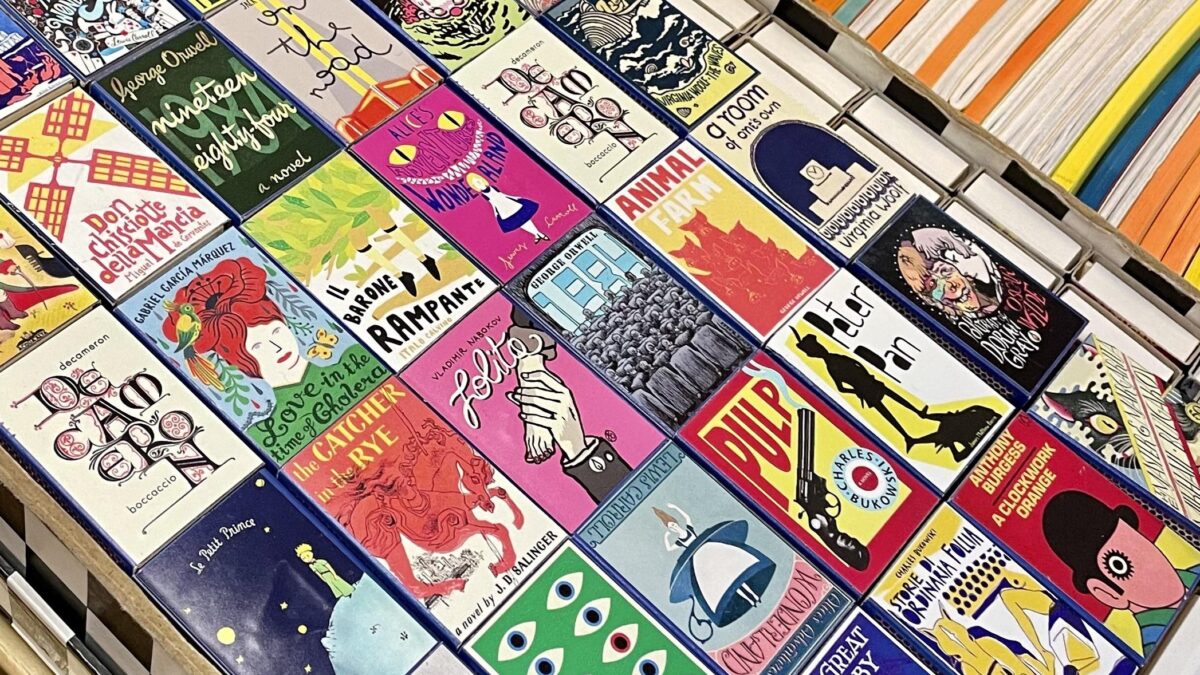Over the past few months, I’ve developed a keen interest in exploring interpersonal relationships, especially now that I am firmly in my twenties (well, twenty-one). It feels like the right time to delve into the complexities of human interactions and discover how I navigate them. Though I’ve now left my teenage years behind, I sense there’s still much to learn about understanding and managing relationships with others. So, what better way to begin than by immersing myself in others’ experiences through literature?
Recently, I picked up Everything I Know About Love (2018), a memoir by British journalist Dolly Alderton. Alderton candidly shares her journey through multiple female friendships and romantic relationships from her teenage years into her twenties. Through her lived experiences as a millennial woman, she touches upon various themes, from early 2000s social media to struggles with body image and eating disorders. Her narrative is refreshingly candid and laid-back, offering an insightful yet lighthearted exploration of the factors that have shaped her identity.
Alderton’s enduring friendship with childhood friend Farly underlines the entire memoir. Their relationship serves as both a celebration of their long-lasting bond and an honest reflection of their challenges, particularly when Farly enters a romantic relationship. Alderton grapples with insecurity and envy as she realises her friendship could easily take a backseat to her friend’s new romance.
This situation is something I’ve come to understand myself. At the age of fourteen, with my first boyfriend, I found myself guilty of abandoning my friends to pursue my relationship. Consumed by love, I gradually distanced myself from my friends to spend time with my then-boyfriend. The situation escalated to where I was stubbornly ignoring my friends’ advice while my relationship was falling apart, leading to further isolation from them. Even after the relationship ended, I continued to engage with my ex on a ‘friends-with-benefits’ basis, deliberately hiding the truth from my concerned friends.
However, when the full extent of my secrets eventually came to light, my friends were then the ones distancing themselves from me. My friends had, rightfully, decided they were, much like Dolly, not fans of being replaced and neglected. Until I could learn to confront my behaviour and recognise the importance of nurturing my friendships, they were adamant about giving me a taste of my own medicine. Trust me, I learned my lesson!
Until my second relationship, which proved equally disastrous. When I got into a relationship with my first girlfriend, I approached it like a rigorous 40-hour workweek. Not only did I revel more in the romantic aspects of the relationship, but I found the lines between platonic and romantic relationships becoming increasingly blurred. She wasn’t just my girlfriend; she was also my best friend. Like shampoo, I gladly enjoyed the benefits of this 2-in-1 relationship. Once again, I swiftly relegated my friendships to the backseat, believing it was enough to find all aspects of a relationship in one person. I had put too much pressure on her to fulfil every social requirement in my life, leading to our relationship ultimately falling apart.
It dawned on me that I had only ever been in Farly’s position, failing to consider that I could’ve easily been the Dolly of my friendships too. For years, I cycled in and out of romantic relationships like this without considering how I would feel if my friends did the same. It’s difficult to accept that various relationships can shape my social identity, while it is so tempting to project all of my social needs onto one individual.
During my year abroad, I developed a complex relationship with a friend. We hit it off immediately when I met her in Italy during my first week there. We shared similar interests and spent almost every day together. Originally part of a group of four friends, when one friend left after her Erasmus ended, it was then just the three of us: me, her, and our other friend, who happened to be her crush. Sensing mutual feelings between them, I anticipated a romantic relationship blossoming.
While I was thrilled, the reality of the situation hit me. Remembering how consumed I was in past relationships, I worried I’d lose my friendship with her to her relationship with him. Despite the self-absorbed nature of my concerns, I couldn’t shake the belief that romantic relationships inherently take precedence over platonic friendships. Especially in a foreign country, where I lacked the same support system as back home, the thought of potentially losing not just one but two of my closest friends unsettled me.
Our friendship was unconventional, with her occasionally joking that I was more of a boyfriend to her than our other friend was. Besides the obvious romantic gestures, it did feel somewhat like a relationship. We texted incessantly, argued over who paid for dinner, and she’d bring gifts and medicine when I was sick. In some selfish way, I lamented that the energy that once went to me would go to him instead, perhaps rightfully so. It wasn’t jealousy per se, but the feeling of being replaced and abandoned was palpable.
However, this unease dissipated when their relationship fizzled out after just one month of dating. I also acknowledged my fault in putting all my eggs in one basket. Although I’d previously only projected these feelings onto romantic relationships, this friendship was no different. With my own boyfriend back in the UK, I discovered that I was projecting my insecurities of being alone onto her and relished being taken care of. I should never have expected so much from one person; that realisation was mine to grapple with.
Reaching the end of Alderton’s memoir, I couldn’t help but notice her firm departure from her insecurities surrounding friendships. She expressed gratitude for these experiences, despite how tough they may have been, and is now able to enjoy her friendships fully. I’m not quite there yet, but I’m sure I’ll get there someday too.

